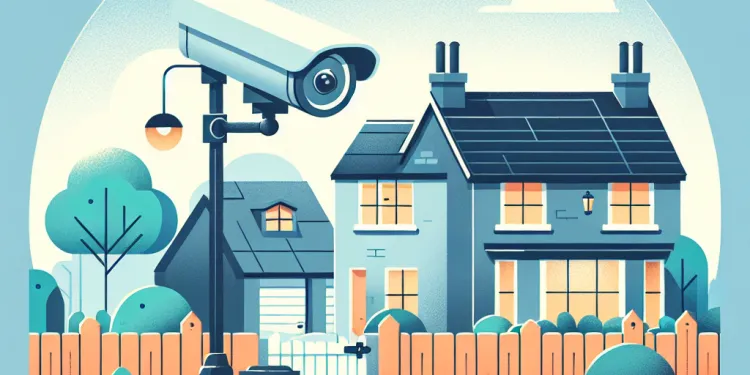
Find Help
More Items From Ergsy search
-
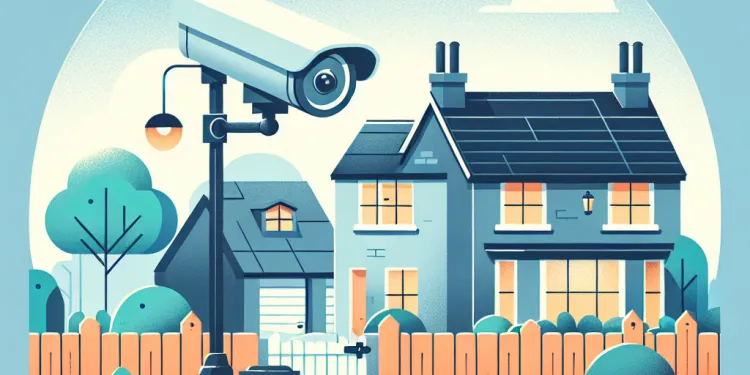
Can my neighbour legally point a security camera at my property?
Relevance: 100%
-
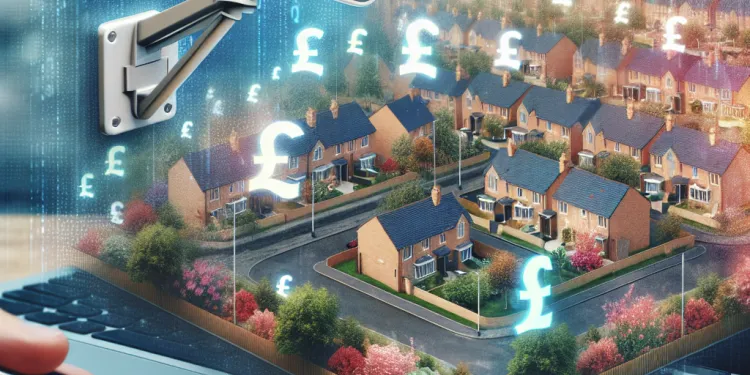
Is it legal for my neighbor to have a security camera facing my property?
Relevance: 100%
-

Is it legal for me to block the view of my neighbour's security camera?
Relevance: 94%
-
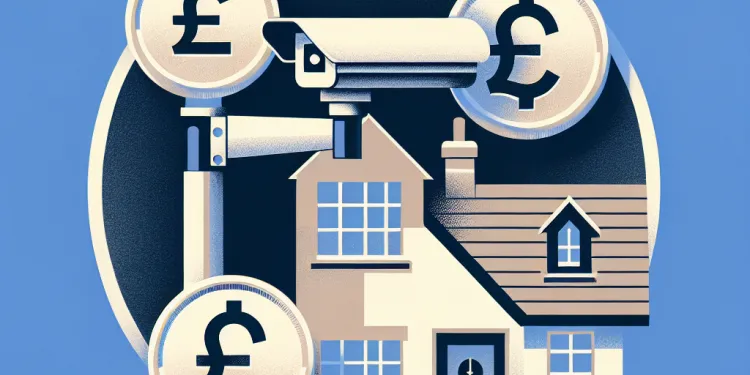
What if my neighbor claims the camera is for security but it points towards my property?
Relevance: 88%
-
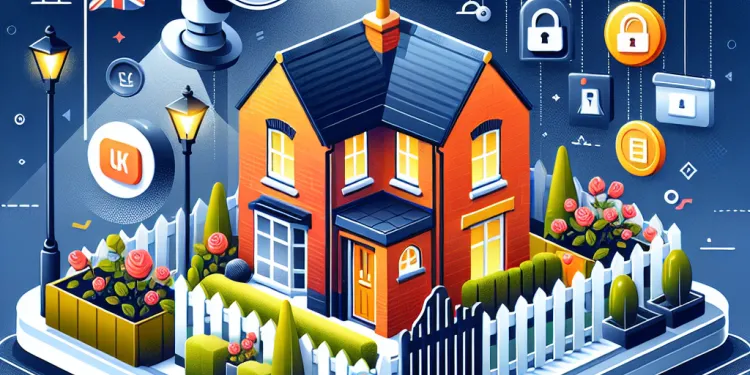
How can I stop my neighbour's security camera pointing at my property?
Relevance: 88%
-

Can I ask my neighbour to reposition their security camera?
Relevance: 84%
-
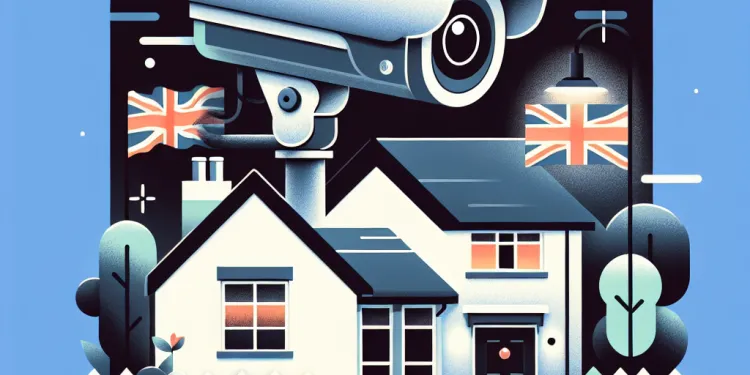
What should I do first if my neighbor's security camera is pointed at my property?
Relevance: 84%
-
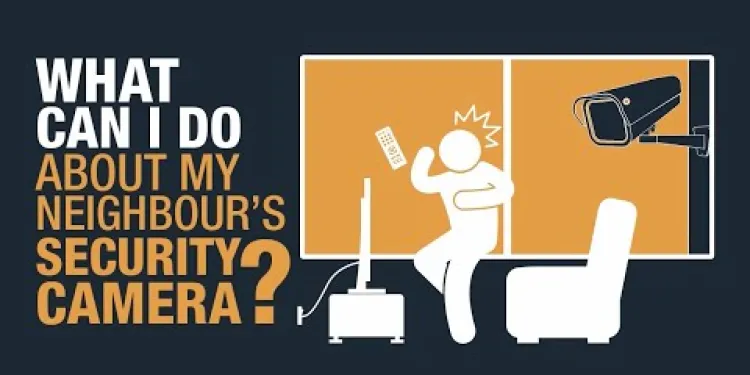
What can I do about my neighbour's security camera?
Relevance: 84%
-

What can I do about my neighbour's security camera?
Relevance: 83%
-
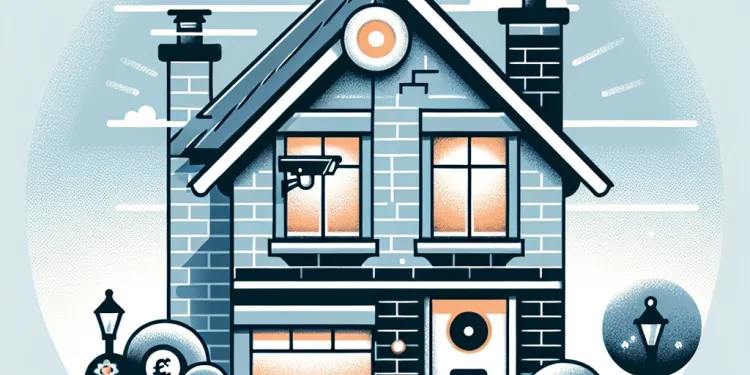
Do neighbours need to inform me if their cameras record my property?
Relevance: 79%
-
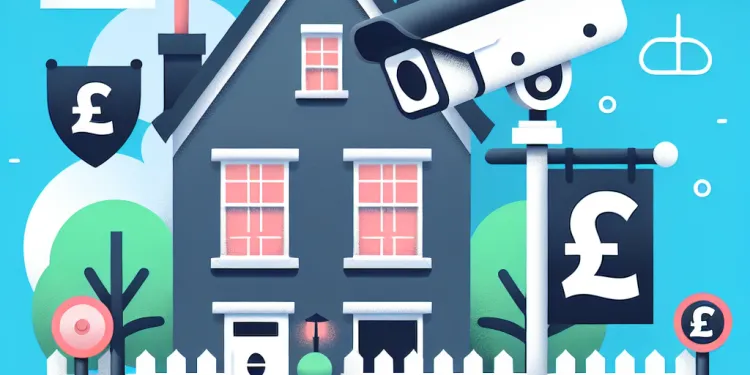
What steps can I take if my neighbour refuses to reposition their security camera?
Relevance: 75%
-
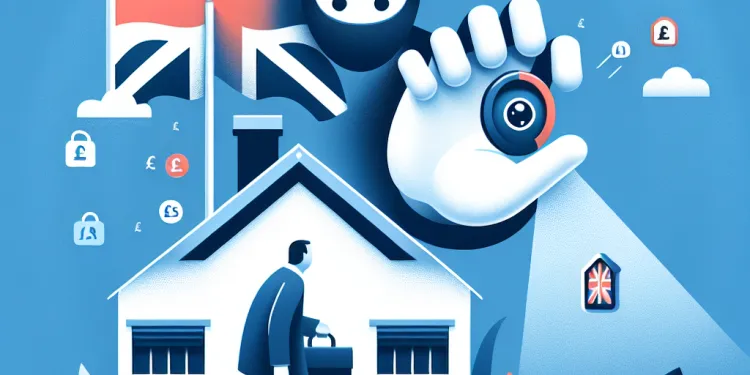
Can I ask for legal help to get my neighbor’s camera moved?
Relevance: 74%
-
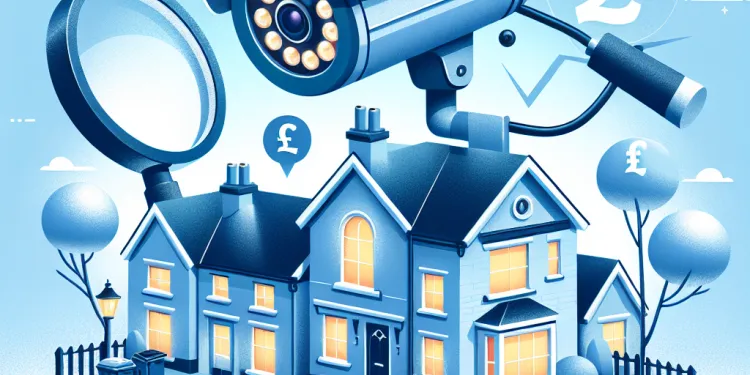
Can my neighbour use footage from their security camera as evidence in disputes?
Relevance: 71%
-

How can I tell if a security camera is pointing at my property?
Relevance: 70%
-

Are there privacy laws that protect me from neighbor's cameras?
Relevance: 68%
-

Can I block the view of my neighbor's camera with physical barriers?
Relevance: 66%
-
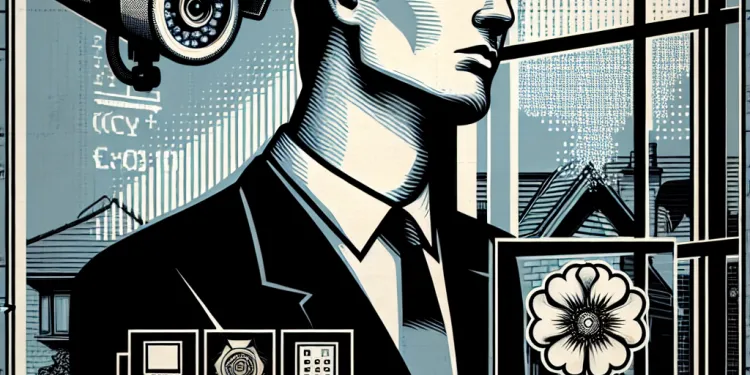
Should I contact the authorities if my neighbor refuses to adjust their camera?
Relevance: 63%
-
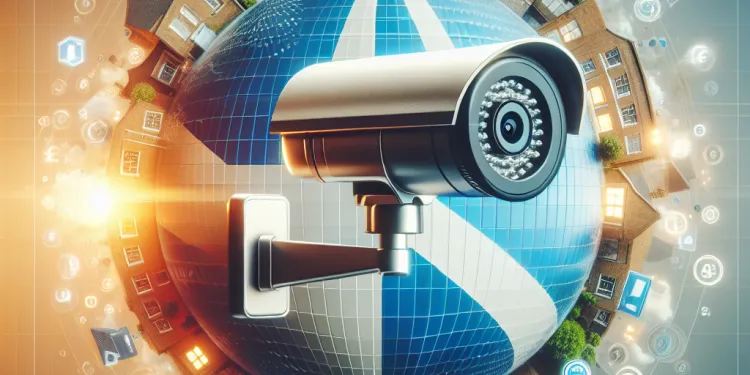
Is redirecting a security camera a solution?
Relevance: 59%
-

How can I disable my neighbour's security camera?
Relevance: 59%
-
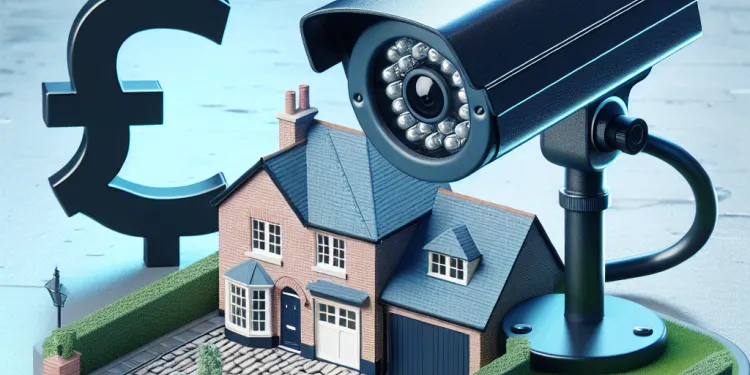
Is my concern valid if the camera is only monitoring my driveway?
Relevance: 57%
-
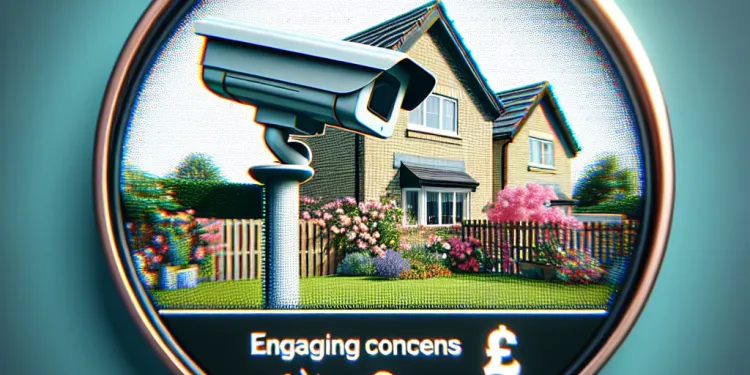
What should I do if I feel my privacy is being invaded by my neighbour's CCTV?
Relevance: 52%
-

What happens if a neighbor builds a fence on my property?
Relevance: 51%
-
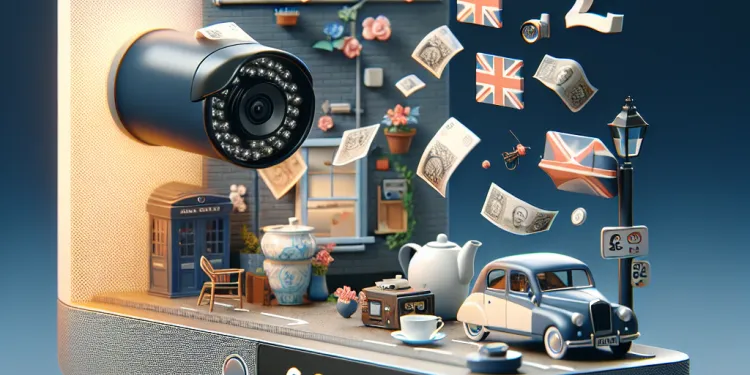
Can I install my own camera to monitor the area in question?
Relevance: 49%
-

How secure is the Ring Doorbell Camera system?
Relevance: 48%
-

Is it advisable to discuss camera placement before it becomes an issue?
Relevance: 45%
-

What laws apply to the use of security cameras in the UK?
Relevance: 41%
-
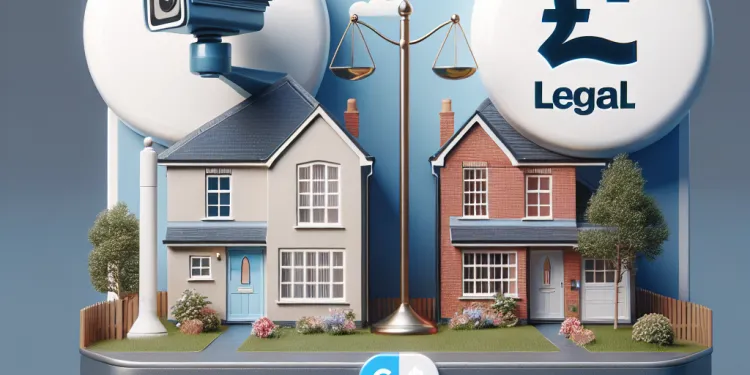
Can the police access my neighbour’s CCTV footage without consent?
Relevance: 41%
-
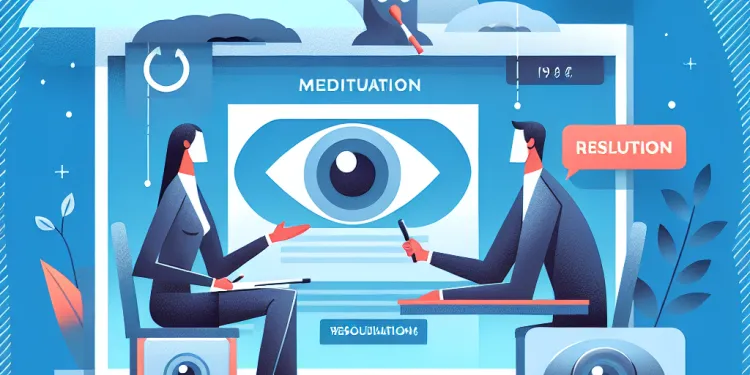
Are there any mediation services for resolving disputes over security cameras?
Relevance: 40%
-
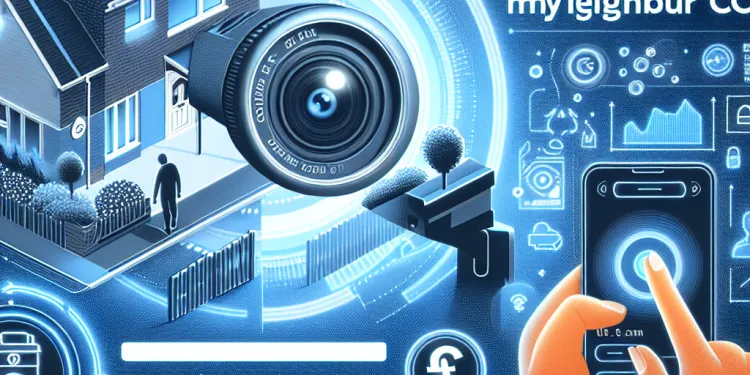
Can I request footage of myself from my neighbour's CCTV?
Relevance: 38%
-
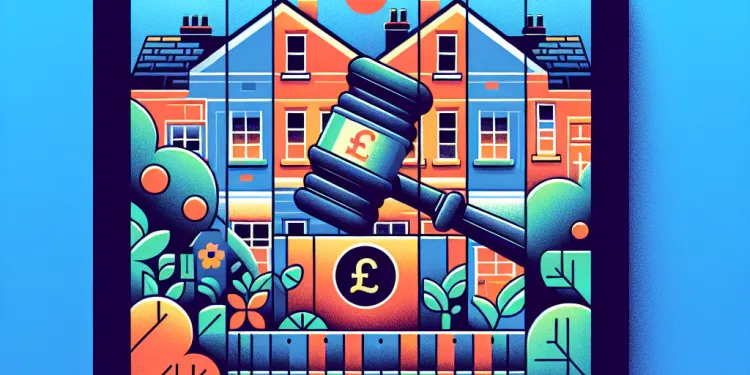
Does the ICO have the power to take action against my neighbour?
Relevance: 36%
-

What is my neighbour required to do under GDPR?
Relevance: 36%
-

How important is a property survey in preventing boundary disputes?
Relevance: 36%
-
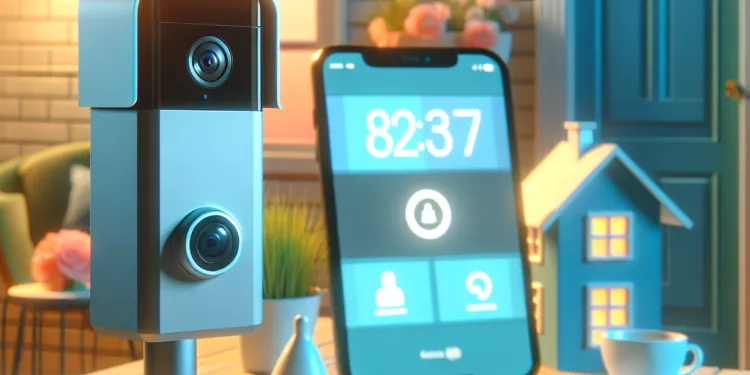
What happens if my Ring Doorbell Camera is stolen?
Relevance: 36%
-
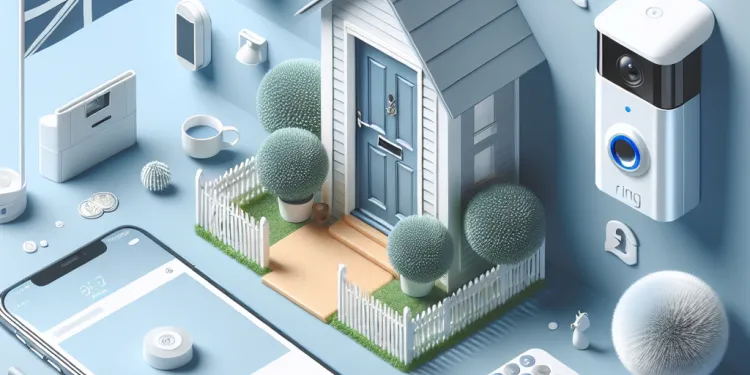
How do Ring Doorbell Cameras work?
Relevance: 34%
-
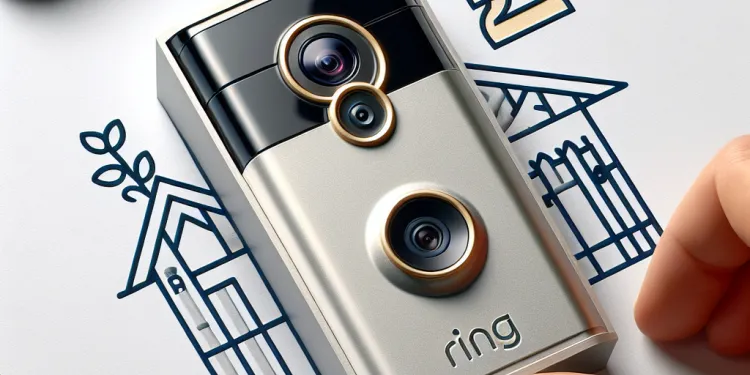
What is a Ring Doorbell Camera?
Relevance: 33%
-

Can technology help in blocking the camera's view?
Relevance: 33%
-

Can boundary disputes affect property values?
Relevance: 32%
-
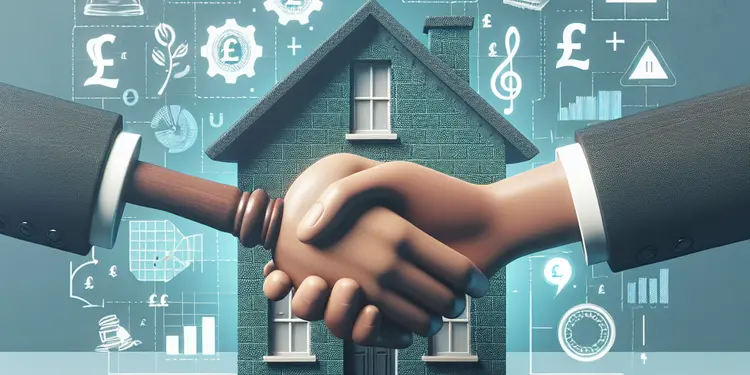
Why might someone need a property litigator?
Relevance: 32%
-
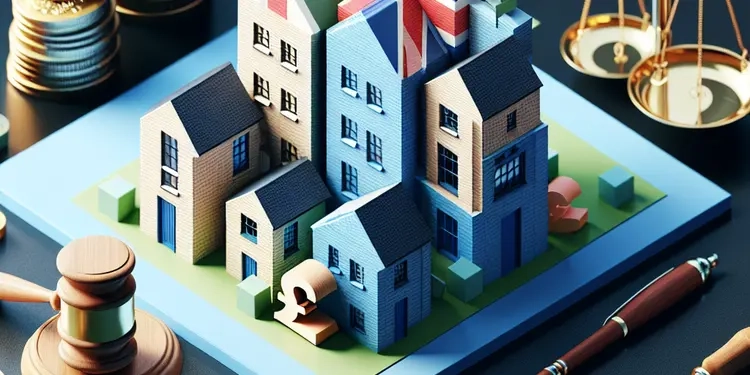
What is property litigation?
Relevance: 32%
-
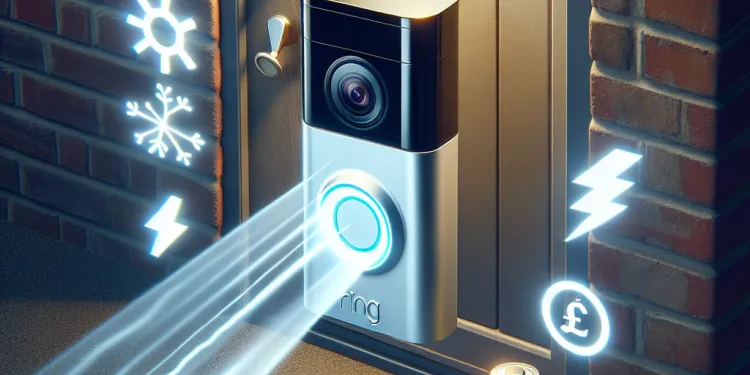
How does a battery-powered Ring Doorbell Camera work?
Relevance: 31%
Understanding Your Rights to Privacy
In the UK, issues surrounding privacy and surveillance are taken seriously, as individuals have a right to enjoy their property without undue intrusion. With the increasing use of security cameras for home protection, it is important for homeowners to understand the legal landscape if a neighbour's security camera points towards their property.
Legal Framework
The legality of neighbours pointing security cameras at your property is governed by a combination of privacy laws, human rights legislation, and guidance from the Information Commissioner's Office (ICO). While the Data Protection Act does not typically apply to domestic CCTV use, the Regulation of Investigatory Powers Act 2000 and the Human Rights Act 1998 can influence whether such surveillance is deemed acceptable.
Reasonable Expectation of Privacy
A key consideration in these matters is the "reasonable expectation of privacy." This concept implies that individuals should have the right to privacy in their homes and gardens. If a neighbour's security camera captures areas of your property where privacy is expected, such as inside your home or your private garden, this could potentially be a violation of your privacy rights.
Neighbour Relations and Communication
Before taking formal action, it is often best to communicate directly with your neighbour. Discuss your concerns and see if a compromise can be reached, such as angling the camera away from sensitive areas of your property. Many disputes over camera surveillance can be resolved amicably through open dialogue.
Seeking Legal Assistance
If a resolution cannot be reached and you believe your privacy rights are being infringed upon, you may need to seek legal advice. A solicitor specializing in privacy laws can guide you through your options, which might include taking the issue to court or seeking mediation.
Reporting to Authorities
If you suspect that a neighbour’s CCTV system is being used to unlawfully monitor you, you can report your concerns to the ICO. They can investigate whether the CCTV use complies with the necessary legal standards and offer guidance on appropriate steps to take.
Conclusion
While security cameras provide valuable protection, it is essential that their use respects the privacy rights of others. Understanding the legal context and engaging in constructive communication with neighbours are critical steps in addressing concerns about surveillance and maintaining good neighbourly relations.
Understanding Your Privacy Rights
In the UK, privacy is important. People should be able to enjoy their homes without others watching them. More people use security cameras to keep their homes safe. If your neighbour’s camera points at your home, it's good to know the rules.
The Laws
There are rules about where security cameras can point. These rules come from privacy laws and advice from the Information Commissioner’s Office (ICO). Some laws like the Data Protection Act are not used for home cameras. But laws like the Regulation of Investigatory Powers Act 2000 and the Human Rights Act 1998 can be important.
Privacy Expectations
You should have privacy at home. This means people should not be able to see into your home or garden without your permission. If your neighbour’s camera shows parts of your home or garden, it might break privacy rules.
Talking to Your Neighbour
Before making a complaint, it is good to talk to your neighbour. Tell them your worries and try to find a solution, like moving the camera. Many problems can be solved by talking kindly and openly.
Getting Legal Help
If talking does not work and you feel your privacy is not respected, you might need legal help. A lawyer who knows privacy laws can help you understand what to do next. This might mean going to court or finding another way to solve the problem.
Contacting Authorities
If you think your neighbour uses a camera unfairly, you can tell the ICO. They will check if the camera is used correctly and suggest what to do.
Conclusion
Security cameras can keep us safe, but they should not break privacy rules. Knowing the law and talking with your neighbours is important for solving problems and keeping peace.
Frequently Asked Questions
Can my neighbor legally point a security camera at my property?
It depends on local privacy laws and regulations, but generally, if the camera is capturing areas in which you have a reasonable expectation of privacy, it may be considered a violation.
What is a reasonable expectation of privacy?
A reasonable expectation of privacy refers to places where you expect not to be observed, like inside your home or private yard areas.
What should I do if I suspect my neighbor's camera is pointing at my property?
You should begin by having a polite conversation with your neighbor to address your concerns and find a mutually agreeable solution.
Are there laws regulating where security cameras can point?
Yes, many jurisdictions have laws that address privacy concerns, which can regulate where and what security cameras can capture.
Can I ask my neighbor to reposition their security camera?
Yes, you can ask them, especially if the camera is infringing on your privacy. Open communication can often resolve these issues.
Can security cameras record sound as well as video?
Security cameras can be equipped with audio recording, but recording audio may require additional consent under wiretapping or eavesdropping laws.
What areas are generally considered private?
Areas such as bedrooms, bathrooms, and other spaces not visible from public viewpoints are typically considered private.
Can my neighbor's security camera record footage of my backyard?
If your backyard is visible from public spaces or your neighbor's property, it might be legal, but it depends on local regulations.
Is it legal to install fake security cameras?
Yes, installing fake security cameras is generally legal as they do not capture footage.
What steps can I take if my privacy is being violated by a security camera?
You can consult local laws, contact your neighborhood association, or seek legal advice if your privacy is being violated.
Does the angle of the security camera matter?
Yes, the angle can determine what the camera captures and can influence whether it breaches privacy laws.
Are there any exemptions to privacy laws for security cameras?
Exemptions may exist for law enforcement and some private entities, but these vary significantly by jurisdiction.
How can privacy laws affect home security systems?
Privacy laws can restrict where cameras can be placed and what they can record, affecting home security setups.
How is public versus private property distinguished for camera placement?
Public property is generally accessible to the public, like sidewalks, whereas private property requires permission to enter or use.
Can security cameras point toward shared spaces, like driveways?
Security cameras can often capture shared spaces but should not infringe on private areas or spaces belonging solely to you.
Do property lines affect where a security camera can point?
Yes, property lines can determine legal capture areas, as the camera should not infringe past those lines into private property.
Is it possible to block a security camera's view legally?
You could obstruct the view from your side with landscaping or physical barriers, as long as it is on your property.
Who can I contact for more information about security camera laws?
Legal professionals, local government offices, or legal aid services can provide information on security camera laws.
What kind of evidence should I gather if my privacy is violated?
Document instances with photos, videos, or logs of dates and times when privacy intrusions occur as evidence.
Can legal action be taken against a neighbor's security camera?
If the camera violates privacy laws, legal action may be possible, but it usually involves proving the breach of laws.
Is it okay for my neighbor to aim a security camera at my house?
This depends on the laws about privacy where you live. But usually, if a camera is looking at places where you expect to be private, it might be breaking the rules.
What Should You Expect About Privacy?
A reasonable expectation of privacy means thinking you won't be watched. This is in places like the inside of your house or your private yard.
What can I do if I think my neighbor's camera is looking at my home?
If you think your neighbor's camera is taking pictures of your home, here are some steps you can take:
- Talk to your neighbor: Ask them about the camera in a friendly way. They might not know it bothers you.
- Check the rules: Find out what the laws are about cameras where you live. You can ask a trusted adult for help.
- Ask for help: If needed, talk to someone who can help, like a community officer.
Here are some helpful tools:
- Take notes on when you see the camera pointed at your home.
- Draw a picture of where the camera is.
Start by talking nicely with your neighbor. Tell them what you’re worried about. Try to find a way to solve the problem together.
Are there rules about where security cameras can look?
Yes, there are rules about where security cameras can look.
Security cameras should not look into places where people expect privacy, like inside homes or bathrooms.
You can ask an adult or someone who knows about this for more help if you need it.
Yes, many places have rules about privacy. These rules say where security cameras can be and what they can record.
Can I talk to my neighbor about their security camera?
If your neighbor's security camera points at your home and it bothers you, you can talk to them.
Here is what you can do:
- Politely ask them if they can move the camera.
- Explain why it bothers you.
- Use kind words and be calm.
Helpful tools you could use are:
- Write down what you want to say first.
- Ask a friend or family member to come with you.
- Practice speaking in a mirror.
Yes, you can ask them to move the camera if it feels like it goes against your privacy. Talking it out can often fix these problems.
Do security cameras capture sound too?
Security cameras can see what is happening. Some can also hear sounds. This means they can record both pictures and noises. To understand this better, you might use pictures or videos. Tools that read text aloud can also help. If you have questions, you can ask an adult to explain more.
Some security cameras can also record sounds. But to record sound, you might need to ask people for permission because of special laws.
What places are usually private?
Rooms like bedrooms and bathrooms are private. This means they are not easy for everyone to see from outside.
Can my neighbor's security camera take videos of my backyard?
If people can see your backyard from the street or a neighbor's yard, it might be okay. Rules are different depending on where you live, so you should check them.
Can you put up pretend security cameras legally?
Yes, it is usually okay to put up fake security cameras because they do not record anything.
What can I do if a security camera is breaking my privacy?
Is there a camera watching you, and you feel it’s not right? Here are some things you can do:
- Talk to the person who put the camera there. Tell them how you feel.
- Check if the camera is allowed to be there. Sometimes there are rules about cameras.
- Ask for help from a trusted adult, like a parent or teacher.
- You can talk to the police if the camera makes you feel unsafe.
- Write down what you see and how it makes you feel. This is good to have.
Using pictures or stories can help you understand this better. Talking to someone you trust is a good idea.
If someone is not respecting your privacy, you can do a few things to get help. You can check the rules in your area. You can also talk to your neighborhood group. If you need more help, you can ask a lawyer.
Using tools like a calendar or reminders on a phone can also help you keep track of what you have done and plan your next steps.
Is it important where the security camera is pointed?
The direction of the camera is important. A camera can see better if it is pointing where you need it to watch.
You can try these tips:
- Point the camera at the area you want to see.
- Make sure nothing is blocking the view.
- Remember, pointing the camera up or down changes what it sees.
Yes, the way a camera is pointed can change what it sees. It can also decide if it is breaking privacy rules.
Do privacy laws make any exceptions for security cameras?
Security cameras are used to keep us safe. But, there are privacy laws to protect our personal space.
Sometimes, there are exceptions to these laws for security cameras. This means there are special rules that allow cameras to be used in some places.
To help understand more, you can ask an adult or use videos that explain privacy and security.
Sometimes police and certain private groups might have special rules. These rules can change a lot depending on where you are.
How do privacy rules change home safety systems?
Certain rules about privacy tell us where we can put cameras and what they can record. This can change how we set up cameras at home to keep things safe.
If you find reading hard, using an audiobook or an app that reads text aloud can help. A friend or family member can also explain things if needed.
How do we know where to put cameras on public or private property?
It’s important to know where you are allowed to put cameras.
There are two types of places: public and private.
Public places are for everyone, like parks or streets.
Private places belong to someone, like your home or a shop.
Before putting up a camera, check the rules.
Ask someone who knows, like an expert.
You can use tools like maps to help you understand.
Public property is for everyone. You can walk on it, like sidewalks.
Private property is not for everyone. You need permission to go there or use it.
Using pictures or drawings can help understand this better. Asking someone to read it with you can also be helpful.
Can security cameras look at places everyone uses, like driveways?
Security cameras can watch areas where people share space. They should not watch private areas, like places that belong just to you.
Can property lines change where a security camera can look?
Yes, where your land ends can change what your camera can see legally. It should not see places that belong to someone else.
Can you block a security camera without breaking the law?
Sometimes, people want to stop a security camera from seeing them. It is important to know what the law says about this.
Here are some steps and tools that might help:
- Talk to the camera owner. Ask if they can move it.
- Use a privacy screen or curtain. This can block the camera’s view.
- Plant tall trees or bushes. These can cover your private area.
- Ask a lawyer for advice. They can tell you what is okay to do.
Always try to follow the rules and stay legal.
You can block the view from your side by planting trees or putting up fences. Just make sure they are on your property.
Who can I ask for more help about security camera rules?
If you have questions about security cameras, you can ask:
- A local police officer
- A lawyer
- Someone at city hall
You can also use online tools to help you understand:
- Voice-to-text apps can read the information to you.
- Simple language guides can explain big words.
People who work with the law, local government offices, or places that help with legal issues can tell you about security camera rules.
What can I do if someone breaks my privacy?
Take pictures or videos, or write down the dates and times, when someone goes into your private space. This will help as proof.
Can you take your neighbor to court because of their security camera?
If the camera breaks privacy rules, people might be able to go to court. To do this, they need to show that the rules were broken.
Useful Links
Have you found an error, or do you have a link or some information you would like to share? Please let us know using the form below.
-->
This website offers general information and is not a substitute for professional advice.
Always seek guidance from qualified professionals.
If you have any medical concerns or need urgent help, contact a healthcare professional or emergency services immediately.
Some of this content was generated with AI assistance. We’ve done our best to keep it accurate, helpful, and human-friendly.
- Ergsy carfully checks the information in the videos we provide here.
- Videos shown by Youtube after a video has completed, have NOT been reviewed by ERGSY.
- To view, click the arrow in centre of video.
- Most of the videos you find here will have subtitles and/or closed captions available.
- You may need to turn these on, and choose your preferred language.
- Go to the video you'd like to watch.
- If closed captions (CC) are available, settings will be visible on the bottom right of the video player.
- To turn on Captions, click settings .
- To turn off Captions, click settings again.
More Items From Ergsy search
-

Can my neighbour legally point a security camera at my property?
Relevance: 100%
-

Is it legal for my neighbor to have a security camera facing my property?
Relevance: 100%
-

Is it legal for me to block the view of my neighbour's security camera?
Relevance: 94%
-

What if my neighbor claims the camera is for security but it points towards my property?
Relevance: 88%
-

How can I stop my neighbour's security camera pointing at my property?
Relevance: 88%
-

Can I ask my neighbour to reposition their security camera?
Relevance: 84%
-

What should I do first if my neighbor's security camera is pointed at my property?
Relevance: 84%
-

What can I do about my neighbour's security camera?
Relevance: 84%
-

What can I do about my neighbour's security camera?
Relevance: 83%
-

Do neighbours need to inform me if their cameras record my property?
Relevance: 79%
-

What steps can I take if my neighbour refuses to reposition their security camera?
Relevance: 75%
-

Can I ask for legal help to get my neighbor’s camera moved?
Relevance: 74%
-

Can my neighbour use footage from their security camera as evidence in disputes?
Relevance: 71%
-

How can I tell if a security camera is pointing at my property?
Relevance: 70%
-

Are there privacy laws that protect me from neighbor's cameras?
Relevance: 68%
-

Can I block the view of my neighbor's camera with physical barriers?
Relevance: 66%
-

Should I contact the authorities if my neighbor refuses to adjust their camera?
Relevance: 63%
-

Is redirecting a security camera a solution?
Relevance: 59%
-

How can I disable my neighbour's security camera?
Relevance: 59%
-

Is my concern valid if the camera is only monitoring my driveway?
Relevance: 57%
-

What should I do if I feel my privacy is being invaded by my neighbour's CCTV?
Relevance: 52%
-

What happens if a neighbor builds a fence on my property?
Relevance: 51%
-

Can I install my own camera to monitor the area in question?
Relevance: 49%
-

How secure is the Ring Doorbell Camera system?
Relevance: 48%
-

Is it advisable to discuss camera placement before it becomes an issue?
Relevance: 45%
-

What laws apply to the use of security cameras in the UK?
Relevance: 41%
-

Can the police access my neighbour’s CCTV footage without consent?
Relevance: 41%
-

Are there any mediation services for resolving disputes over security cameras?
Relevance: 40%
-

Can I request footage of myself from my neighbour's CCTV?
Relevance: 38%
-

Does the ICO have the power to take action against my neighbour?
Relevance: 36%
-

What is my neighbour required to do under GDPR?
Relevance: 36%
-

How important is a property survey in preventing boundary disputes?
Relevance: 36%
-

What happens if my Ring Doorbell Camera is stolen?
Relevance: 36%
-

How do Ring Doorbell Cameras work?
Relevance: 34%
-

What is a Ring Doorbell Camera?
Relevance: 33%
-

Can technology help in blocking the camera's view?
Relevance: 33%
-

Can boundary disputes affect property values?
Relevance: 32%
-

Why might someone need a property litigator?
Relevance: 32%
-

What is property litigation?
Relevance: 32%
-

How does a battery-powered Ring Doorbell Camera work?
Relevance: 31%


